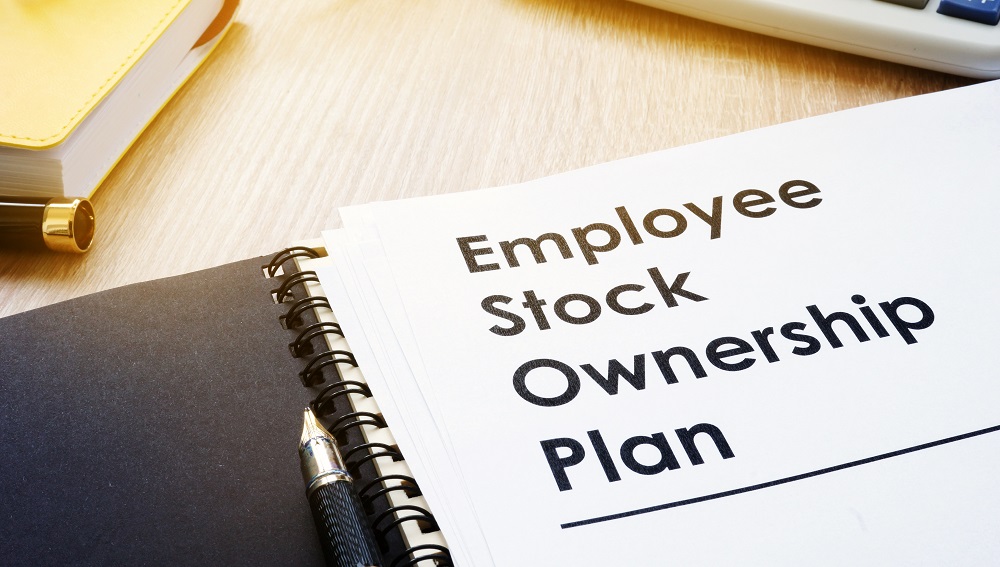The audiovisual systems integration market is young when compared to other industries. The oldest companies are 40-50 years old and most integrators are newer than that.
As this industry emerged, most—if not all—businesses were smaller, entrepreneurially owned private businesses. [related]
For the most part, that is still largely true today—except for the larger systems integrators. If you look at the largest AV integrators, many have some form of outside financing, generally from private equity.
A couple are still entrepreneurially owned, and one (AVI Systems) is employee-owned.
Most employees understand what it’s like to work at a private owner-driven integrator, but fewer understand the operating environment found in private equity funded or employee-owned systems integrators.
It’s no accident private equity firms are seeing an investment opportunity in the AV industry. PE can help small to mid-sized AV businesses become efficient, enable owners to cash out and retire or provide the necessary influx of capital to take a growing AV company to the next level.
Whether you’re new to the AV industry or have years of experience, you’re likely considering possible career options. Given recent months—especially with the impact of the coronavirus pandemic on the global economy—it’s wise to keep your skills and expertise sharpened.
With this in mind, let’s look at the pluses and minuses associated with working at a private equity-owned company vs. a career at a company that is employee owned.
Private Equity Ownership
If you’re open to frequent change, enjoy a corporate culture based on metrics and process, and find satisfaction in checking off monthly key performance indicators, a PE-owned company could provide you with a terrific career.
Working at a PE-owned company typically involves three- to five-year sprints that entail highly demanding work. At the end of the sprint, the company is usually sold or it goes public.
When a PE firm invests in a company, that business typically jumps on a fast track designed to enable it to grow. This includes quickly developing the team and the business. Smaller organizations may not have spent time or resources developing a team to manage growth.
With PE investment, however, the business gets the influx of cash it needs to train or hire high quality talent. In addition, in order for small companies to become mid-size players, or medium-sized companies to become big companies, they need the right framework.
Private equity investment helps companies add the systems and processes designed to support business growth.
“The capital infusion that PE firms bring to the table can be enormous,” says AVI Systems director of sales operations Linda Civitillo, who worked at a private equity-owned firm earlier in her career.
“Suddenly the company is making investments, growing and even acquiring competitors. It’s exciting and motivating to those who are core to the business,” she says.
PE-owned firms strive to remake the companies they invest in and tend to reorganize quickly. This often means frenetic change, goal setting and processes designed to make the company both more efficient and more profitable.
For this reason, employees at PE-owned companies tend to share in the entrepreneurial spirit and are comfortable with rapid change.
More than other businesses, working at a PE-backed company also creates a sense of urgency to deliver results. PE firms are driven by ROI and strong business cases.
This means employees are expected to be whip-smart in how resources are used—with a focus on fast payback on any investments of time or financial resources.
“There are synergies that exist when PE companies acquire AV industry organizations. These acquisitions also create redundancies,” says AVI Systems VP of sales Don Mastro, who was part of a private equity-owned AV integration firm earlier in his career.
“Employee roles may shift as AV industry executives and PE advisors discover different revenue drivers to benefit the business. Post-acquisition, employees must understand their emerging roles within the ‘new’ company and be mindful of efficiency measures or new revenue sources,” he says.
Employee Ownership
Consider Publix Super Markets, the largest employee-owned company in the U.S. Publix is consistently on the annual list of Fortune 500 best companies to work for in America.
Many of its employees have worked at Publix for more than 40 years and they all tend to agree that they take pride in their day-to-day work because the culture fosters a sense of importance and value.
Other differences at employee-owned companies include things like a collaborative corporate culture and a focus on work-life balance designed to reduce employee burnout.
Here, the hierarchy is flatter and the incentive structure centers on ensuring employees share a stake in decision making.
“For example, account representatives are encouraged to carefully examine potential new customers to ensure the potential for long-term business exists,” said AVI Systems executive account manager Michael Brandmire, who has worked for both PE and employee-owned firms.
“Instead of chasing every potential revenue opportunity, we strive to work on the accounts that create momentum year over year. This results in steady revenue growth,” he says.
Individual employee owners take pride in their work and understand the importance of collaborating with others, working toward consensus and building on successes together.
Final Thoughts
As you consider your career path, understand that private equity firms will continue to buy and sell companies in the AV industry with frequency—sometimes as often as every three years. Employee-owned companies are rarely, if ever, sold.
In navigating your career options, do your homework. Investigate each new opportunity carefully. Study ownership models and make every attempt to understand the differences between PE-owned and employee-owned firms.
Only then will you feel you’re prepared for both the good days (when the work is fun) and the days when work is…work.






































